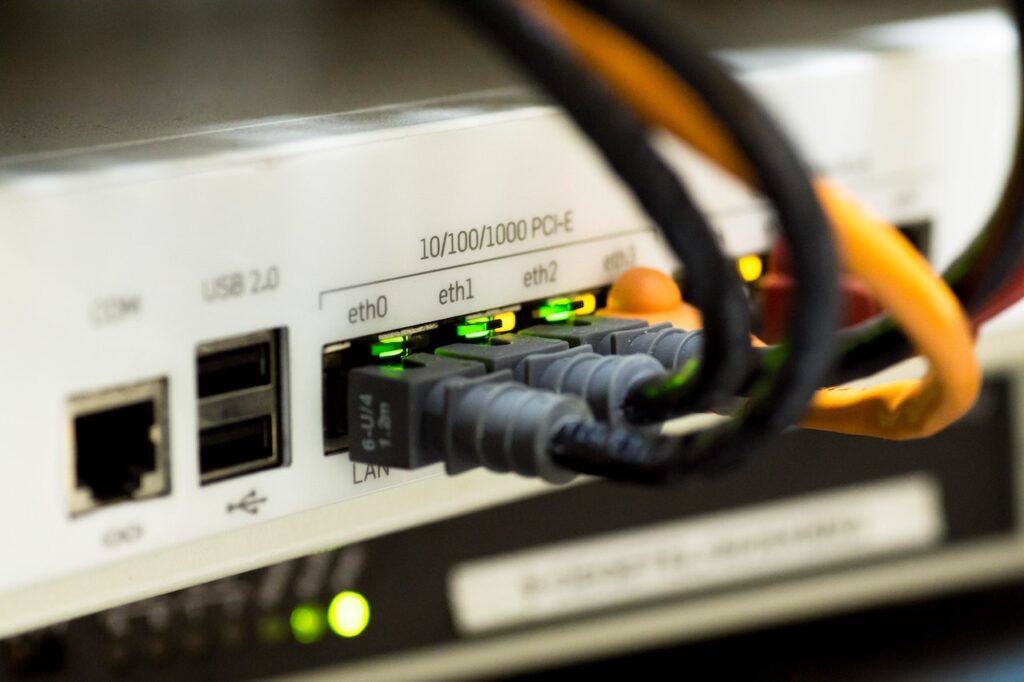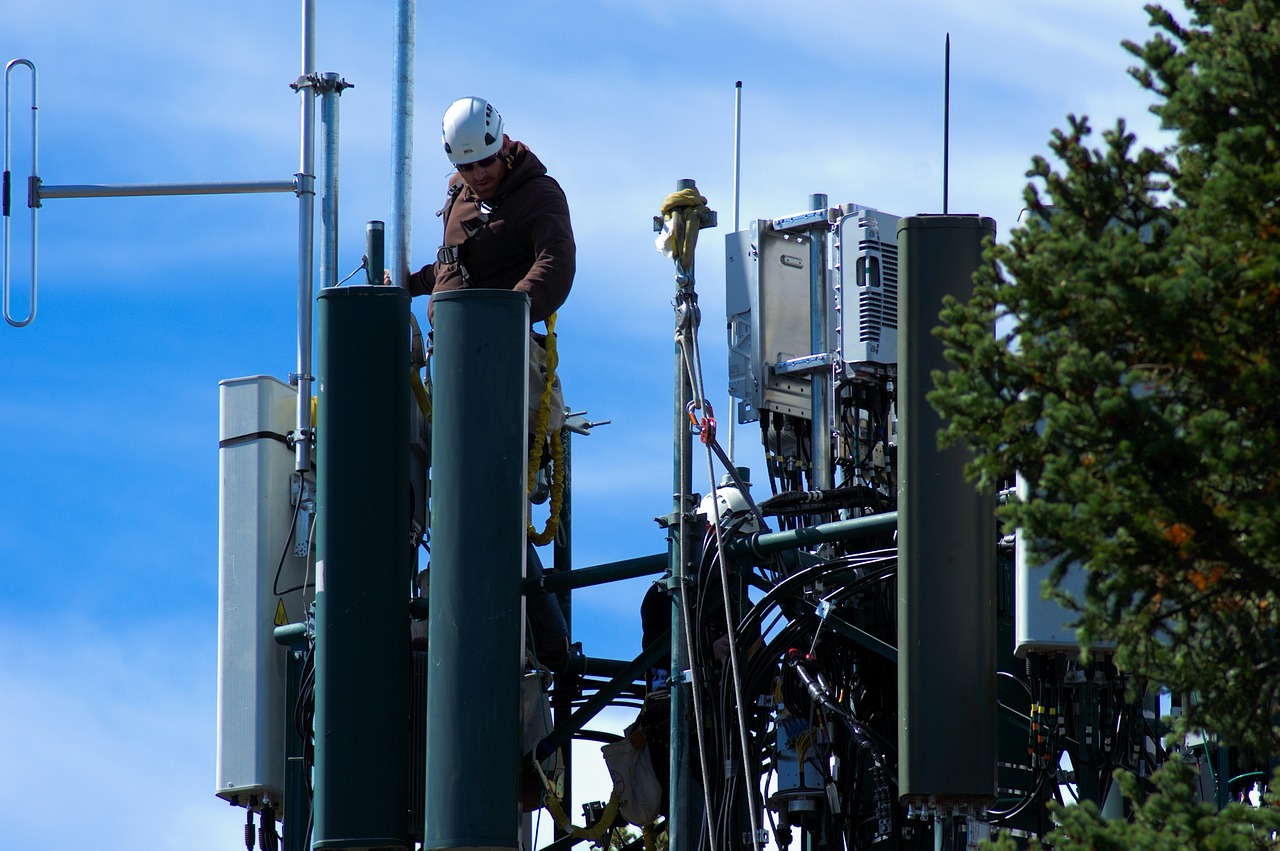The Federal Communications Commission (FCC) is an independent agency of the US government responsible for regulating communication by wire and radio in the country. The FCC oversees the cable TV and high-speed internet providers, ensuring that they comply with regulations and provide quality services to consumers. This article will explore how the FCC regulates cable TV and high-speed internet providers and what it means for consumers.
The FCC’s Role in Regulating Cable TV and High-Speed Internet Providers The FCC regulates cable TV and high-speed internet providers through a set of rules and regulations designed to protect consumers. These regulations cover a wide range of issues, including consumer privacy, network neutrality, and accessibility. The FCC also reviews and approves mergers and acquisitions in the industry to ensure that they do not harm competition.
One of the most significant regulations the FCC has implemented in recent years is the Open Internet Order, which went into effect in 2015. The Order established net neutrality rules that required internet service providers (ISPs) to treat all internet traffic equally, regardless of its source or destination. This meant that ISPs could not block or slow down access to particular websites or services. However, in 2017, the FCC repealed the Order, and the current administration has not yet reinstated it.
The FCC also regulates cable TV providers through the Cable Television Consumer Protection and Competition Act of 1992. This act requires cable TV providers to provide access to local broadcast television channels and public access channels, and it sets limits on the amount they can charge for basic cable service. The FCC also requires cable TV providers to offer customers the option to block unwanted channels or programming and requires them to provide closed captioning for viewers who are deaf or hard of hearing.
How FCC Regulations Affect Consumers FCC regulations have a significant impact on consumers.
For example, net neutrality rules ensure that consumers have access to a free and open internet. Without these rules, ISPs could charge websites for access to the “fast lane” and slow down or block access to those who do not pay. This could lead to a tiered internet where only those who can afford to pay for premium access have fast and reliable connections.
FCC regulations also ensure that cable TV providers offer customers access to local broadcast channels, which is essential for viewers who cannot access these channels through other means. The regulations also set limits on the amount cable TV providers can charge for basic cable services, ensuring that consumers are not overcharged for their subscriptions.
However, some argue that FCC regulations can stifle innovation and investment in the industry. For example, net neutrality rules could make it less attractive for ISPs to invest in infrastructure and new services if they cannot charge premium prices for them. Critics also argue that some regulations, such as closed captioning requirements, could be overly burdensome and expensive for smaller providers.
What Can Consumers Do?
While FCC regulations provide important protections for consumers, they are not the only factor to consider when choosing a cable TV or high-speed internet provider. Consumers can also take the following steps to ensure they are getting the best possible service:
- Research providers in your area: Look at reviews and ratings of providers in your area to see which ones offer the best service.
- Compare plans and pricing: Shop around and compare plans and pricing to ensure you are getting the best deal. Consider bundling services to save money.
- Check coverage maps: Make sure the provider you choose offers coverage in your area.
- Test your speed: Once you have chosen a provider, test your internet speed to ensure you are getting the service you are paying for. There are several free speed testing tools available online.
- Speak up if you have problems: If you experience problems with your service, speak up and contact your provider to see if they can resolve the issue.
In conclusion, the FCC plays a crucial role in regulating cable TV and high-speed internet providers to ensure that they provide affordable, reliable, and accessible services to consumers. The agency has implemented various regulations, such as net neutrality rules, to protect consumers from unfair practices and ensure that providers do not discriminate against certain content or services.








